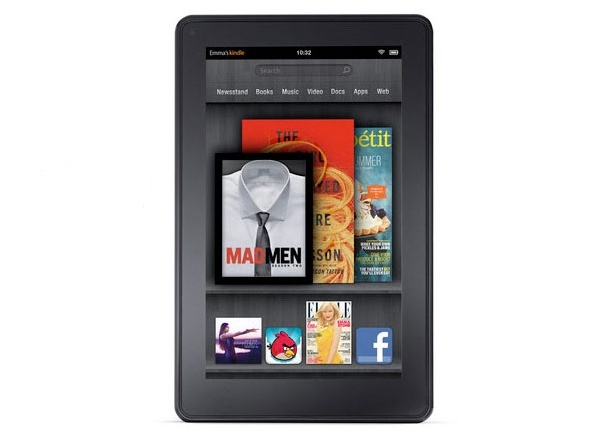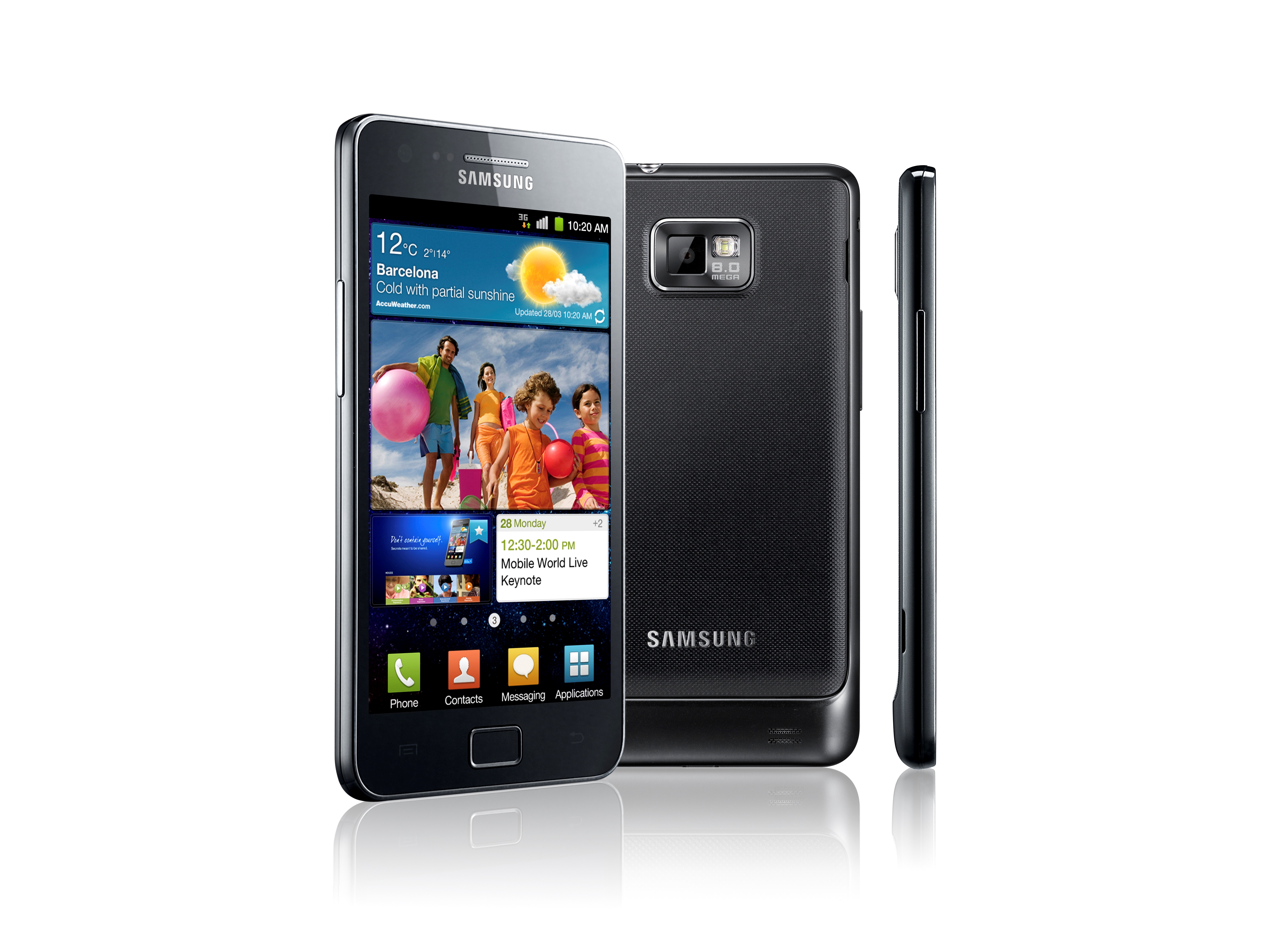Why Android's fight for survival is just beginning
The enemies of Android - and how to defeat them
Android vs Amazon
Microsoft is the enemy without, but Android also has an enemy within: Amazon. The newly-announced Kindle Fire appears to be the first Android tablet with genuine mass-market appeal, easy access to an enormous library of content and the backing of a household name that people trust with their credit card details.

Unfortunately, all of the Android stuff is buried: the operating system has been forked, with a new and distinctly un-Google interface stuck on top. The apps, which are likely to generate significant income for developers, come via an Apple-style curated marketplace, not the Android market. And the tablet is tied tightly to Amazon's cloud services, not Google's.
The Kindle Fire exposes three key Android weaknesses: Android doesn't have the enormous media libraries of Apple or Amazon; its UI could do with some polish; and the Android Market isn't making many developers rich. As the tablet wars intensify, those are issues Google needs to address.
Android vs everyone
The nightmare scenario is Apple continuing its purple patch, Nokia selling millions of Windows Phones, Amazon and Microsoft divvying up the bits of the tablet market Apple doesn't want and Android collapsing under the weight of a million lawsuits.
Is that credible? Ashdown doesn't think so. "Amazon's device is about consumption of digital content, whereas the iPad is a premium content consumption and creation device," he says.
"Google has devices running its OS in both of these markets... the tablet market is going to grow massively, and there will be space for different types of player: premium, mass market, prosumer/enterprise, content creation, content consumption and so on."

ALL OVER: One of Android's strengths is that it's everywhere, from cheapo tablets to high-end smartphones
Get daily insight, inspiration and deals in your inbox
Sign up for breaking news, reviews, opinion, top tech deals, and more.
He continues: "While Apple is dominant currently, and its sales will continue to grow, it is inevitably going to lose market share due to a broadening of price points - and that's good for Google."
There's a cloud on that particular horizon, though, and it's still Apple-shaped: what if Apple does what it did with the iPod, making models for all kinds of customers at all kinds of prices? We're seeing echoes of that strategy in the iPhone - when a new one ships, the previous one becomes the budget model - and it could easily work for the iPad too.
Other rivals are less worrying. "Nokia's move to Windows Phone 7 isn't a massive threat to Android because they are just one vendor," Ashdown says, "and many other vendors are spreading devices across both Microsoft's and Google's OSes, with a weighting towards Android."
And Windows 8? "At the moment the tablet is seen as a mobile device, not a PC, and the mobile vendors are dominating. Microsoft will make a big impact, but we think Android will become the leading player in the tablet OS and smartphone OS market by 2015." For now, at least, it's still Google's game to lose.
-----------------------------------------------------------------------------------------------------
Liked this? Then check out Are Android tablets actually selling?
Sign up for TechRadar's free Week in Tech newsletter
Get the top stories of the week, plus the most popular reviews delivered straight to your inbox. Sign up at http://www.techradar.com/register
Writer, broadcaster, musician and kitchen gadget obsessive Carrie Marshall has been writing about tech since 1998, contributing sage advice and odd opinions to all kinds of magazines and websites as well as writing more than a dozen books. Her memoir, Carrie Kills A Man, is on sale now and her next book, about pop music, is out in 2025. She is the singer in Glaswegian rock band Unquiet Mind.
